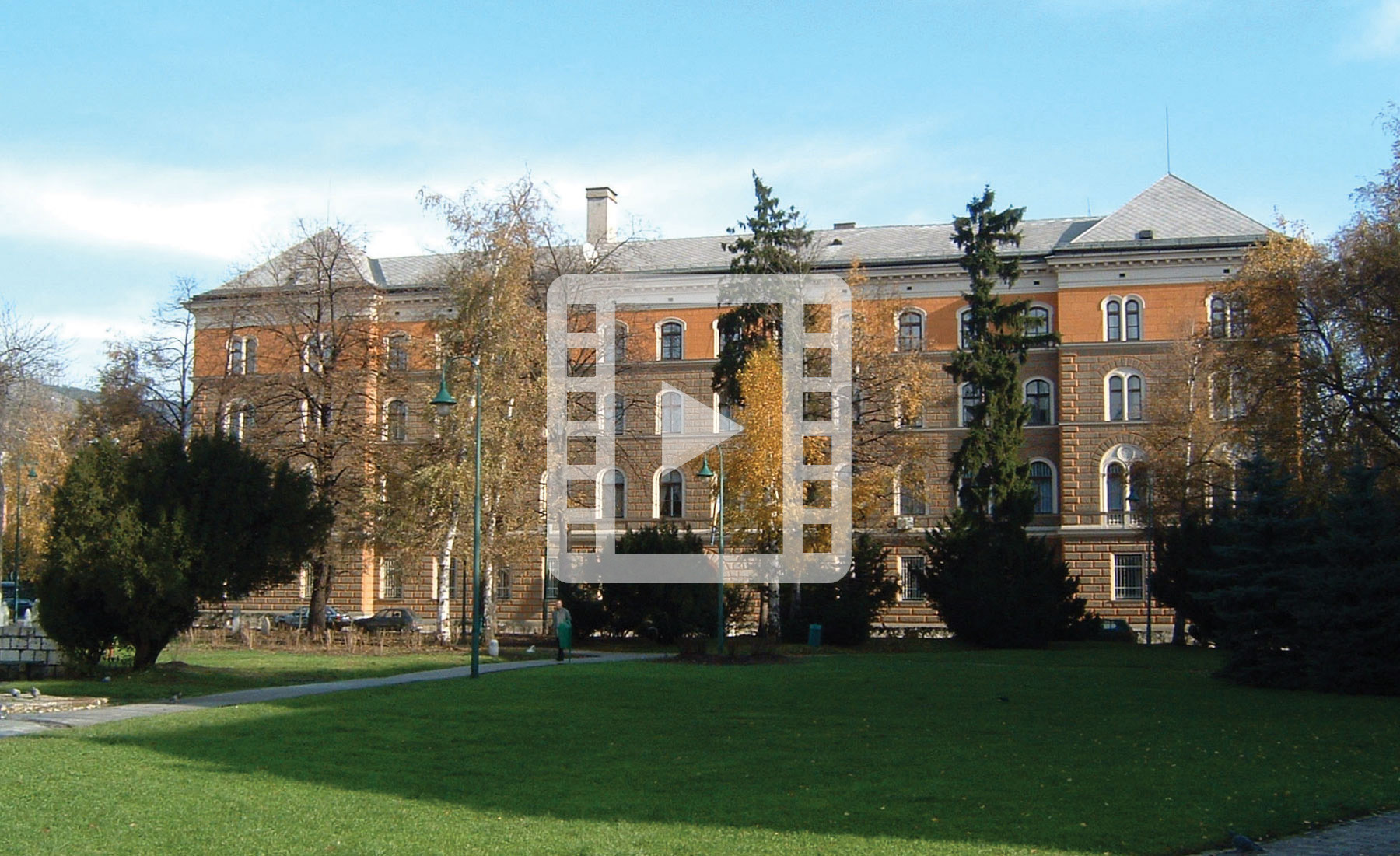“All human beings are born free and equal in dignity and rights”, as Article 1 of the Universal Declaration of Human Rights emphasizes.
Soon after the Second World War, on 10 December 1948, through the proclamation of the Universal Declaration of Human Rights for the very first time in the history of humankind all people have been recognized the right to “life, liberty and security … without distinction of any kind”. The recognition of the comprehensive set of civil, political, economic, social and cultural rights and freedoms of a human, realized through the Universal Declaration of Human Rights, marks a turning point in the modern history.
The General Assembly of the United Nations proclaimed December 10th as the Human Rights Day in order to draw attention of the “peoples of the world” to the Universal Declaration of Human Rights as a common standard of achievement for all peoples and all nations.
The Universal Declaration of Human Rights is one of the first more notable achievements of the United Nations which, as a document, represents the basic philosophy of all the subsequent legally binding international instruments that came into existence after 1948. The Human Rights Day is observed as a symbol of faith and hope in the just society of equal people. However, the practice does not see it as often that an act or the contents thereof, as is the case with the Universal Declaration of Human Rights, are so widely celebrated and praised, that so many people, institutions and nations are referring to it, and that it is read so little and understood even less.
That is why the Constitutional Court of Bosnia and Herzegovina, which main task is to safeguard the Constitution of Bosnia and Herzegovina, persists in the view that the Constitution of Bosnia and Herzegovina, and the Universal Declaration alike and the international instruments for the protection of human rights built thereon, including the European Convention on Human Rights, make up a single entity. This understanding of the significance and the role of the Universal Declaration is contributed to by the very Constitution of Bosnia and Herzegovina, which recalls in the Preamble that the fundamental values, guaranteed and safeguarded by the Constitution, are inspired precisely by the Universal Declaration of Human Rights, as well as by other human rights instruments.
Ever since its establishment in 1997, under the applicable Constitution of BiH, the Constitutional Court of Bosnia and Herzegovina has consistently protected and, through the exercise of its constitutional responsibilities, promoted human rights and freedoms to the broadest extent possible.
Statistical data show a constant increase in the number of the appeals lodged with the Constitutional Court over the suspicions of citizens and other subjects about the violations of their respective constitutional rights. That suggests a conclusion that the citizens of Bosnia and Herzegovina see in the Constitutional Court of BiH a relevant address at which those rights may be and do get protected. On an annual basis, this Court receives around 6,000 new cases, appeals mainly. There are a number of factors that have brought about such a great number of appeals. The effects of the comprehensive reform of the judiciary in Bosnia and Herzegovina, which has not been implemented and finalized yet in all segments, have yet to be felt. The observance of human rights and fundamental freedoms, despite the constant progress, has not reached a satisfactory level yet. On the other hand, thanks to, among other things, a great contribution by the international community through education projects, the awareness of citizens has been raised considerably when it comes to their rights and protection mechanisms. The Constitutional Court is called upon and has the obligation to be in the service of the protection of such rights in accordance with the Constitution.
As has been the case so far, the Constitutional Court will persist in exercising its role in the legal system of Bosnia and Herzegovina and in the protection of human rights and fundamental freedoms, and in the promotion of and raising awareness in the society about the value and significance of inalienable rights referred to in the Universal Declaration of Human Rights that every human being acquires at birth.


